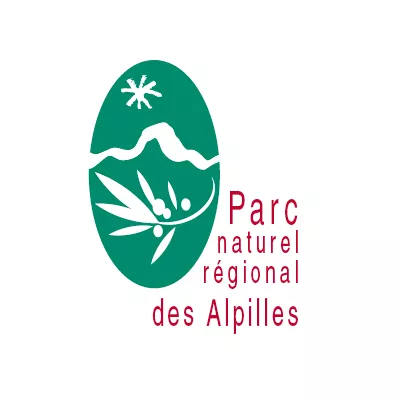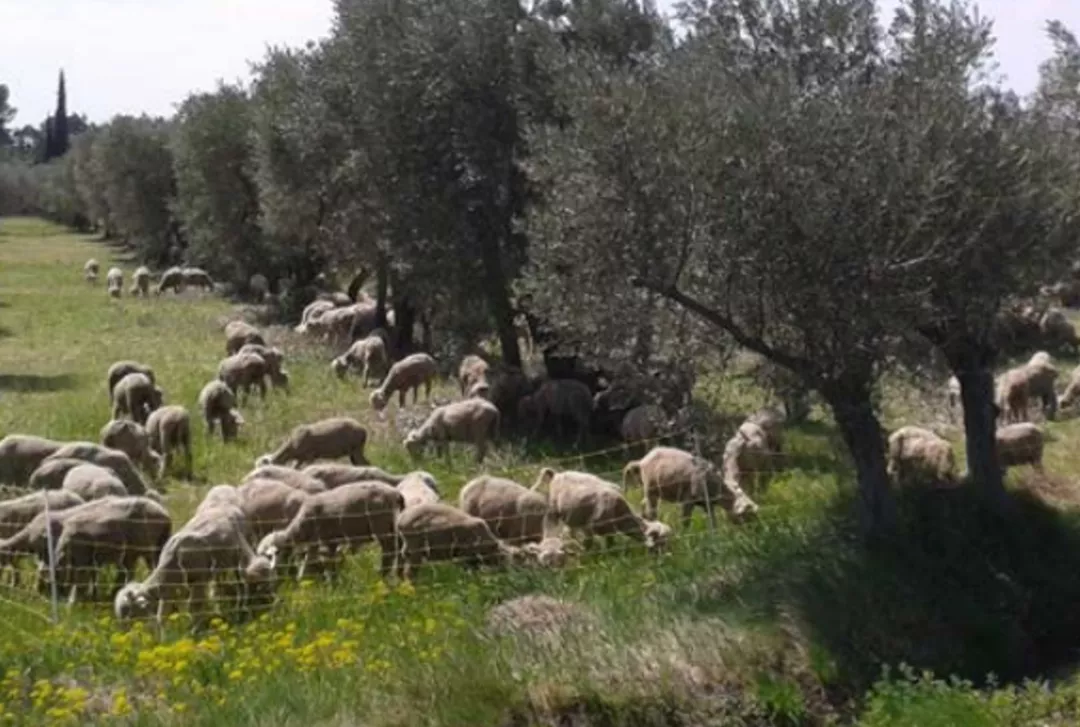General information
RDP Priority
- P6. Social inclusion and local development
RDP Focus Area
- 6B: Local development
RDP Measure
- M16: Cooperation
Summary
Located in the SUD-Provence-Alpes-Côte-d’Azur region, the Alpilles Regional Natural Park faces strong urbanisation, land pressure and the abandonment of agricultural land. This project was launched in 2019 to promote the protection and development of agricultural lands through the launch of a ‘protected agricultural areas’ statute, alongside a campaign of wasteland rehabilitation and stakeholder awareness raising.
Results
If the ‘protected agricultural areas’ statute candidacies of the Paradou and Sénas municipalities are validated, up to 2 800 hectares of land can be protected.
Some 580 owners of wasteland areas have contacted so far across the three participating municipalities. Around 50 are now in the process of rehabilitating or selling their land.
Around 85 participants, including elected representatives and farmers over 50 years old, attended the project’s awareness-raising events.
A practical guide for landowners concerning the reuse of uncultivated agricultural land was produced and distributed among local stakeholders.

Promoter
The Alpilles Regional Natural Park
Funding
Total budget - 233 191.93 (EUR)
EAFRD - 186 553.54 (EUR)
National/Regional - 46 638.39 (EUR)
Ressourcen
Documents
Protect and activate the agricultural land of the Regional Natural Park of the Alpilles
(PDF – 1.96 MB)
Context
The Alpilles Natural Park is located in the SUD-PACA Region. The area is attractive and benefits from large-scale tourism and a steady stream of new inhabitants but is facing a growing sprawl of peri-urban areas and significant land pressure. It is therefore a challenge to preserve agricultural land and to ensure that unused land is kept available for agriculture in order to maintain economic activity and to preserve the landscapes and natural resources. Currently, agricultural land accounts for half of the park's geographical area and impacts 9 % of the local working population.
To meet this challenge, the park needed to work on the protection and promotion of agricultural rehabilitation. In addition to this EAFRD project, a LEADER project has been launched by the Regional Park to specifically boost communication and citizen awareness about protected agricultural land. A series of debates were organised addressing topics such as new farmers and the difficulties of land-access; land ownership; public awareness raising and the training of elected representatives (concerning land transmission), etc. Communication videos were also produced to further the discussion of land-related issues.
Objectives
The land rehabilitation project has three main objectives:
- Protect agricultural lands by setting up a ‘protected agricultural area’ statute. This statute aims to reduce land pressure by making it impossible for urban areas to extend onto protected lands.
- Put abandoned and underused farmland back into cultivation.
- Build a local community of interest around the topic, engaging farmers and elected representatives in the protection and development of agricultural areas.
Activities
The Park launched this EAFRD project with five other partners, namely the Agricultural Chamber of the Bouches-du-Rhône department, the local ‘SAFER PACA’ association (the land development and rural establishment society), the ‘Terre de liens PACA’ association, the ‘ADEAR 13’ (an association for the development of agricultural and rural employment) and ‘CASA 13 (who provide advice and legal services for agriculture). Three pilot areas voluntarily committed themselves to the project, namely the Sénas, Orgon and Paradou municipalities.
The project comprised different activities to meet three main objectives:
Objective n°1: Protect agricultural lands through the ‘protected agricultural areas’ statute
The three pilot areas led an initial diagnosis phase to map out the agricultural potential of their areas. The Sénas and Paradou municipalities conducted additional prospecting and feasibility studies before submitting their ‘protected agricultural areas’ candidacy in 2021.
Objective n°2: Put wasteland back into cultivation in the three project pilot areas
According to the diagnosis phase, some 10 % and 15 % of each pilot area consisted of wasteland plots that could be put in service of both the development of agriculture and the protection of the hedge network (which protects biodiversity and soil fertility; further enabling agriculture).
Objective n°3: Create a local community of interest around the topic
To meet this objective, two activities were organised:
- Information days dedicated to local farmers and/or elected representatives (especially in Sénas and Orgon municipalities). The idea was to raise awareness about farmland transfer, agricultural activities and wasteland rehabilitation, enabling stakeholders to identify the structures working on these issues and to learn about the associated administrative and legal procedures.
- A group walk of around 30 citizens, aiming to teach them how to identify wasteland thanks to a digital tool named Open Friche Map (open wastelands map).
Main results
Regarding the first objective, the project enabled the municipalities of Paradou and Sénas to prepare and submit their candidacy for the ‘protected agricultural areas’ statute. If validated, it will lead to the protection of 600 to 700 hectares of land in the Paradou area and some 2 100 hectares in Sénas.
To meet the second objective, several wastelands were identified across the three municipalities and more than 580 land-owners were contacted (180 in the Paradou municipality, 270 in Orgon and 137 in Sénas). Around 50 responded initially and these are at various stages of rehabilitating their land, and in some cases are in the process of selling it on for agricultural use.
In order to build a community of interest around the themes of this project (its third objective), two information sessions were organised engaging around 85 participants, including elected representatives and farmers over 50 years old (both specific target groups of this initiative).
Moreover, a practical guide for landowners concerning the reuse of uncultivated agricultural land was produced and distributed among local stakeholders. It also serves as a resource during the information sessions and is freely available on the Regional Park website.
More generally, the project has developed a regional network of stakeholders who are concerned about these issues. The project has enabled 10+ multi-partner meetings, involving project partners and institutional representatives, who will contribute to sustaining the project activities and finding new sources of funding for the ‘protected agricultural areas’ initiative.
Key lessons
The wasteland rehabilitation objective (No2) has been the most difficult to implement, primarily because of the difficulty of identifying eligible land. The identification phase took longer than expected but without it, there can be no progress towards the goal of sustaining agriculture by tackling land access.
Moreover, the EAFRD application form required detailed information about the quantity of wasteland in the project areas, which the pilot sites did not have at the application stage. The project itself had been designed to address this diagnosis need, but in the end this vital data became a prerequisite for funding (and thus a possible focus of preparatory support).
